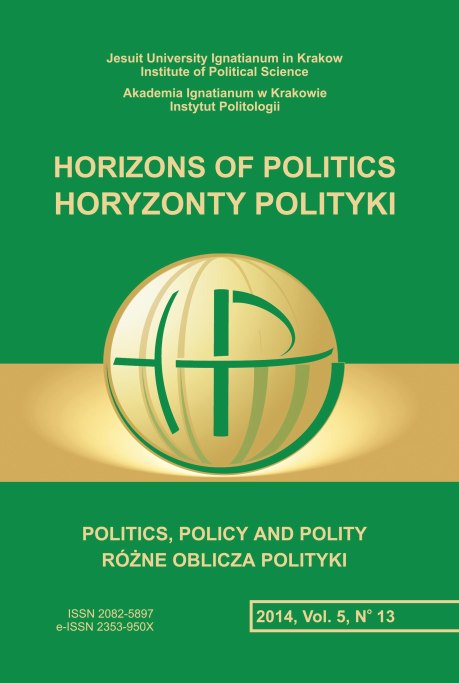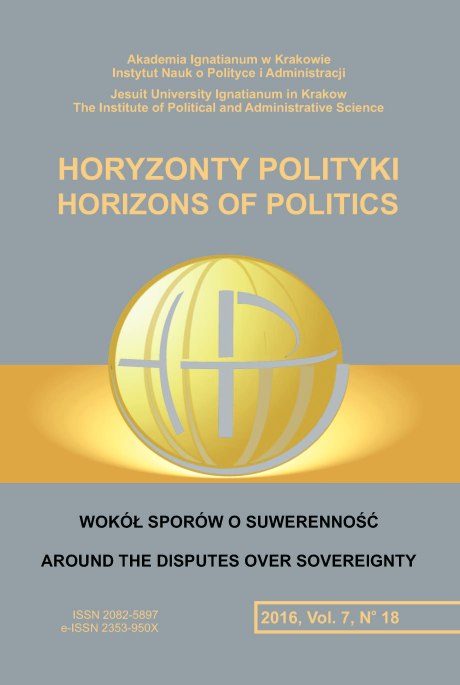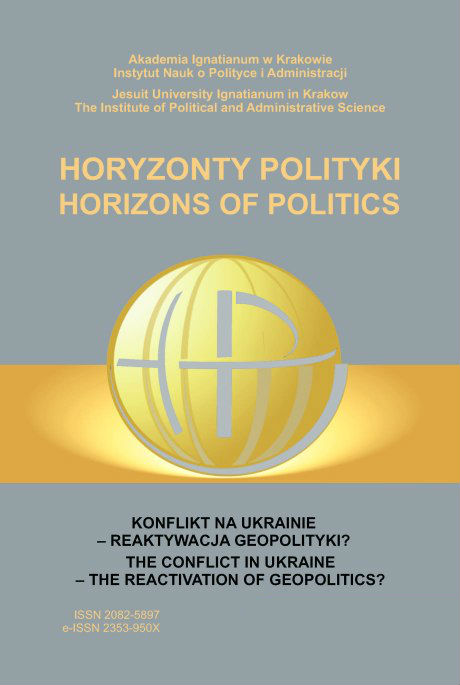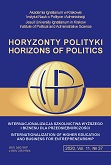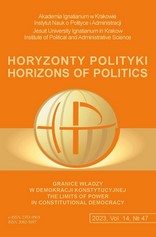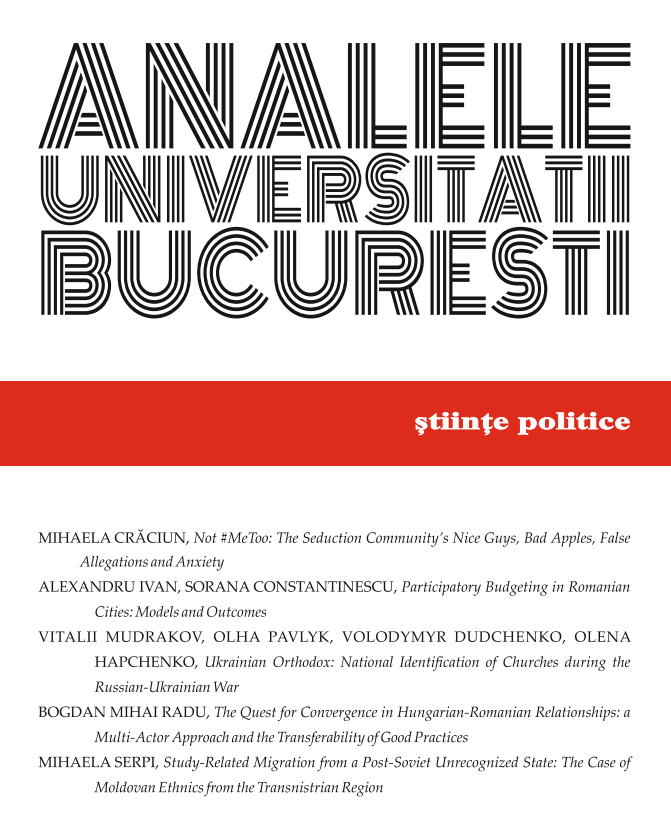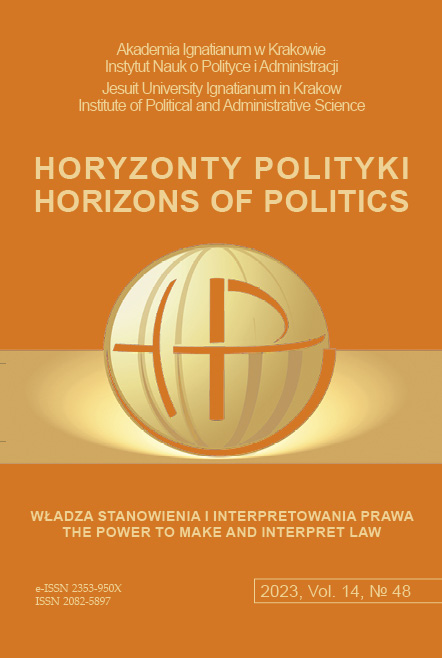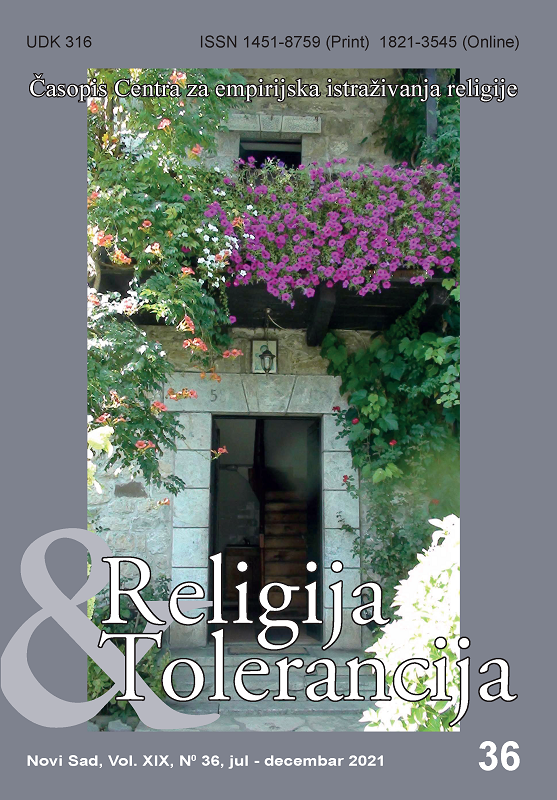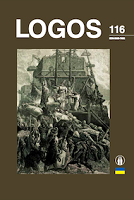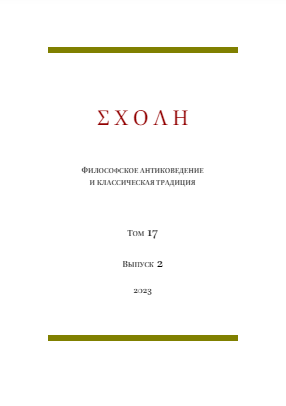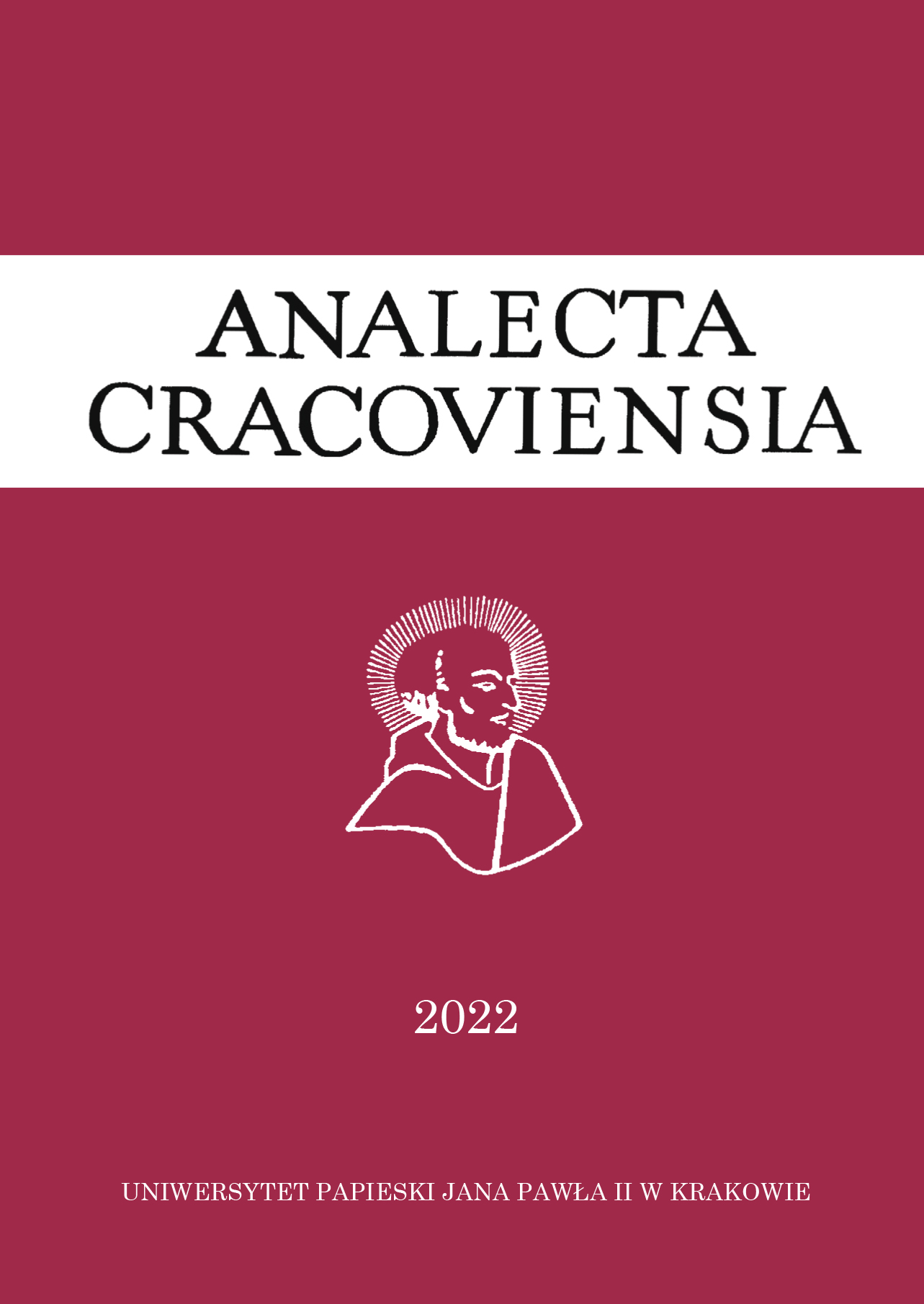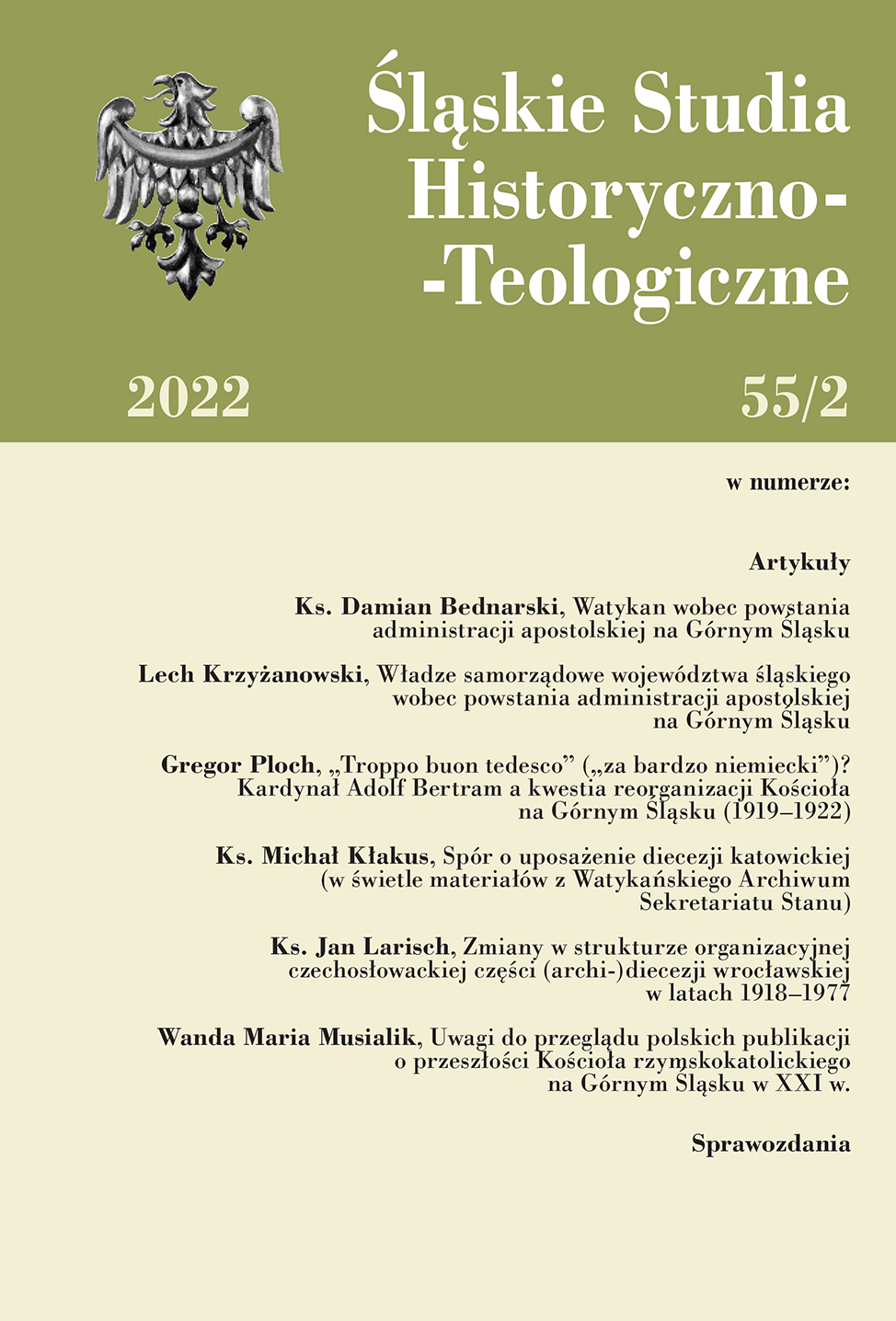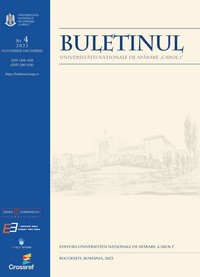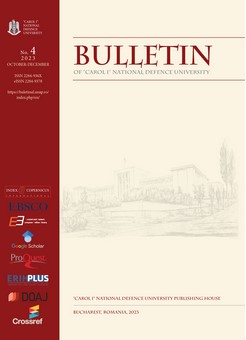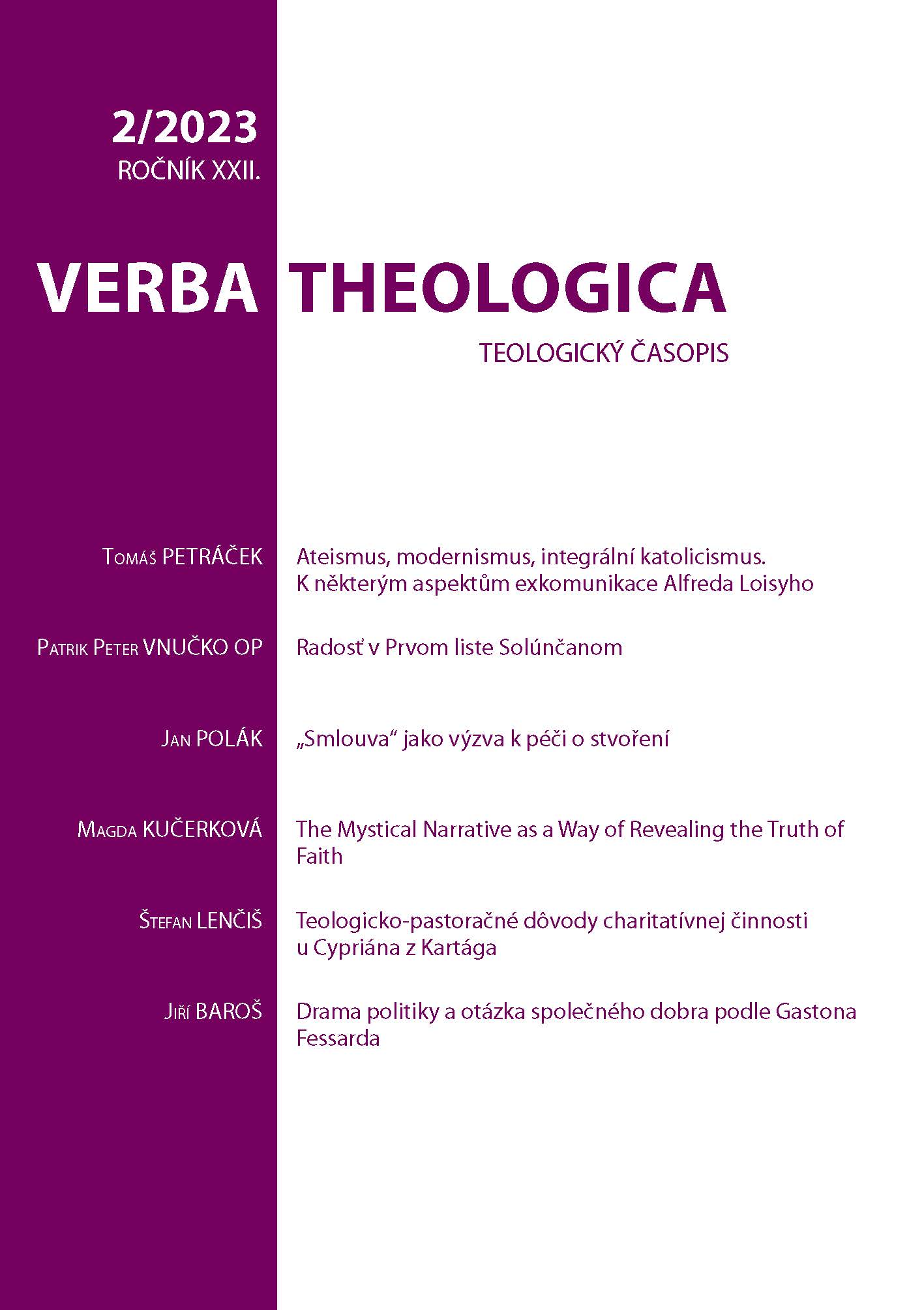Les rapports entre l’Église et l’État au sein des Églises orthodoxes «établies localement»
This paper applies the Church’s understanding of the dual nature – in one person – of Christ, human and divine, to the issue of the strained between the Church and the State, within the Creation and the History. This question is approached and analysed through two theological, ecclesiological and canonical categories, alterity (otherness) and communion, which are based on the antinomical conciliar formula of a (comm)union ”without confusion and without division”. With the help of the systematic and canonical theology of the Fourth Ecumenical Council of Chalcedon (451), it has investigated the Christological question, according to the author, of the relationships between the Church and the State on a global level, in the name of the a double and symmetrical divergence: occurs: on the one hand, the autonomisation of otherness leading to the minorisation of communion, in other words, division and separation between Church and State arising from turning otherness into absolute autonomy (without any communion and relationship); and on the other hand, the alienation of communion causing confusion, and leading to the absorption of otherness, in other words, absorption of the weak locally established Church by the powerful State leading to ”confusion” (in the Chalcedonian sense) – without any alterity. In the first case, priority is given to being ”without confusion” at the detriment of being ”without division” (communion), whereas in the second, we observe the predominance of ”without division” and the total abolition of ”without confusion” (otherness-autonomy). The author enshrines in Church, Body of Christ, its very nature a combination of alterity (otherness) and communion. He argues that these characteristics are undermined by the twin distortions of State infliction and untamed separation, which are marred the relations between these two entities, the Church and the State. For fifteen centuries now, this conception of relationships between the Church and the State has placed a burden at an ecumenical level. More precisely, the ecclesiological vision of the Council of Chalcedon was the simultaneous coexistence of otherness and communion between State and Church as a clearly paradoxical or antinomial feature of the christological mode of coexistence of the two natures of Christ: the human nature and the divine one. It naturally emerges that the coexistence of Church and State in a given state territory is realised through the acceptance of their ontological and institutional otherness and the preservation of communi(cati)on and relationship among them. Special reference is made to the case of the Political Dimension of the Church Eschatology.
More...
